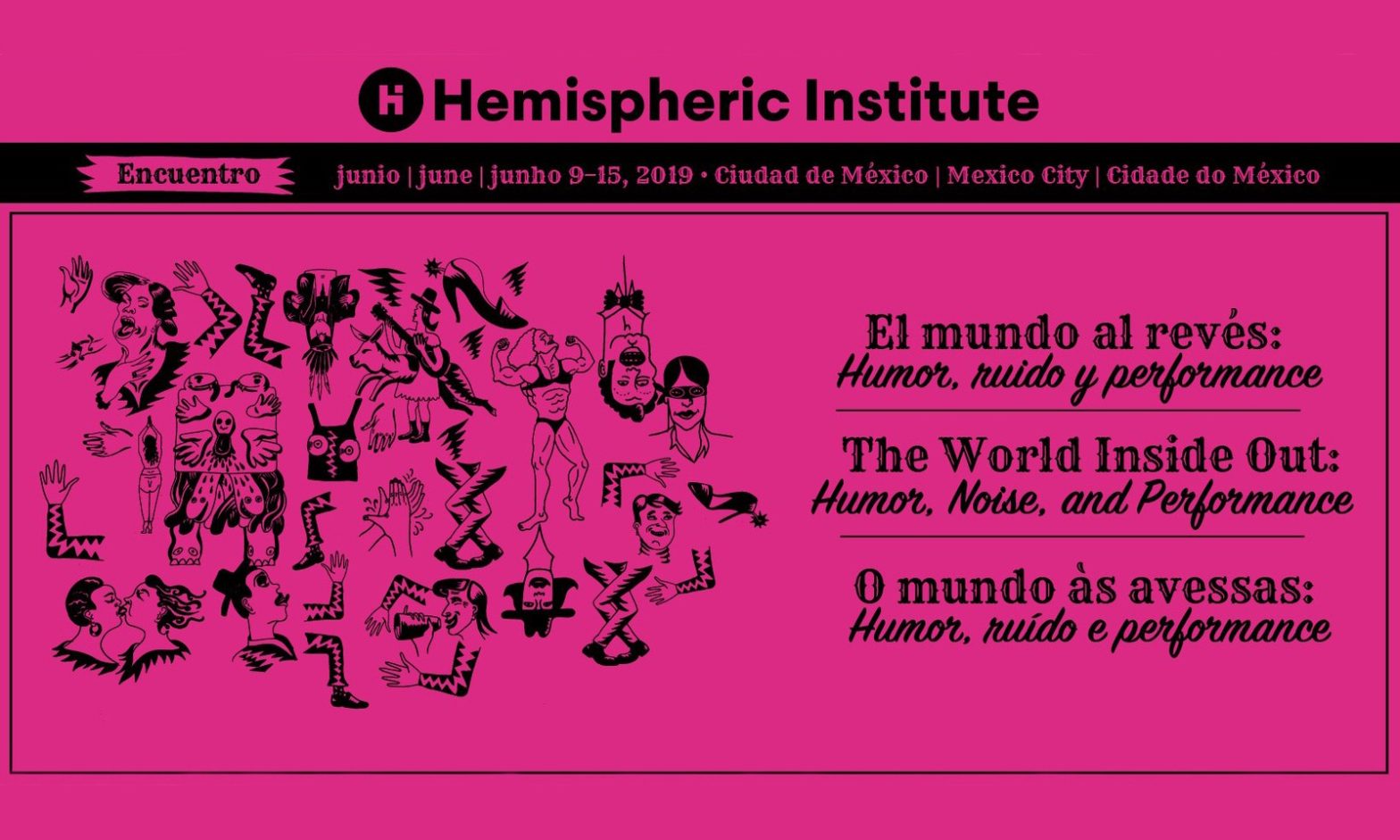Notes from Stephen Duncombe’s presentation Politics of Humor in an Age of Fools
HEMI Encuentro at UNAM, Mexico City, 10 June 2019
I’ve been thinking a lot about the politics of humor in these very dire and serious times.
So what do I think?
A great deal of humor points out the absurdity of the normal, the taken for granted, the everyday — this is true for political humor as it is for a political humor.
But what if the everyday is absurd? How does humor work then? Or should I say now.
Take Satire, for instance. It is a politically potent form of humor. An example we are probably all familiar with is Jonathan Swift’s “Modest Proposal, in which he proposed that the problem of the Irish rural poor might be solved by selling their babies to the rich for food.
Swift’s satire “works” politically because:
Extends the logic of the British Empire’s policies regarding their colonies.
The solution is so absurd — “eat the poor” — that it casts the normal as absurd as well.
Assumes that the audience will see the absurdity, and with their “awareness raised” will resist these absurd policies of Empire.
But can satire work the same way today? When the absurdity of the policies of the National-Fascists, and the leaders who propose them, is so obvious?
What is there to satirize? They satirize themselves.
Take another form of humor: that of the fool, the jester, the clown…the Heyoka. The politics of their humor often lies in their ability to use their foolishness to make a fool of those in power.
But again: what if our leaders — and I speak as a US Citizen here — are openly fools? Does the clown have the same power?
I don’t think so.
My analyses so far could lead to despair. Lo ciento. But I want to end with hope.
For what I have described above is not all that humor does: it doesn’t just function as critique, it can also provide vision.
The clown doesn’t just show the leader up to be a fool, they perform a vision of a world that operates according to radically different norms and hierarchies and values of the “normal’ one we inhabit today. That is to say: they “turn the world upside down.”
And there is another face to satire as well. The model of satire we are most used to is one of negation — critiquing power as it is, that is: critical satire. But there is another form, which we might call prophetic satire, which challenges the logic of power by envisioning power as it should be.
For example, when our friends here at the Encuentro, the Yes Men, appeared on the BBC as spokespeople for Dow chemical to take full financial and moral responsibility for the Bhopal disaster, they were at one and the same time critiquing the “normal” behavior of corporations and imagining a world turned upside down where corporations care for people and take responsibility for their actions.
This is not to say that “critical satire” doesn’t have an implied positive ideal. It wouldn’t work as satire if it didn’t. But that implied positive is dependent upon a knowing audience that can imagine, or has a memory of, an alternative to the present. And I’m not sure we possess this any longer. So we may need to make the implicit explicit.
So, I want to end my comments here with a challenge:
To move from a humor that merely critiques, or ridicules or “raises awareness” of the problems of today.
To forms of humor that inspire us to imagine the worlds we want to build for tomorrow.
Muchos gracias.




